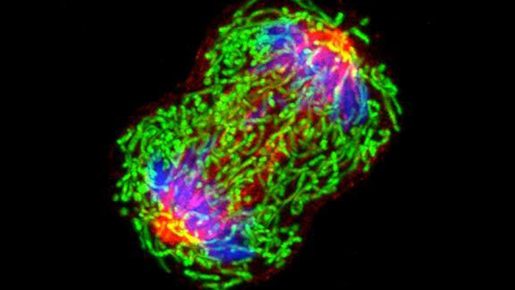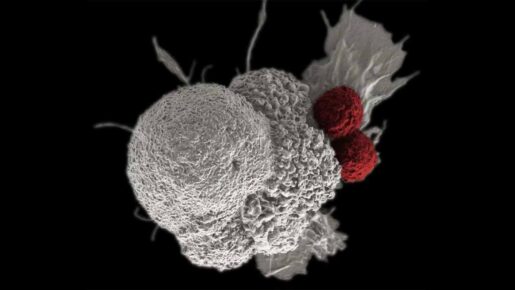UN health authorities have issued a sobering forecast regarding the trajectory of global cancer cases, projecting a substantial surge of approximately 77% by the year 2050. This alarming statistic, derived from the latest data provided by the International Agency for Research on IARC, a specialized arm of the UN World Health Organization (WHO), paints a stark picture of the impending burden on healthcare systems worldwide.

The projected increase is attributed to a combination of factors, including population aging, population growth, and shifts in lifestyle behaviors such as tobacco consumption, alcohol intake, and rising obesity rates. Moreover, environmental factors, including air pollution, also play a significant role in the rising incidence.
While the absolute increase is expected to be most pronounced in wealthier nations, where an additional 4.8 million new cases are projected by 2050, low and middle-income countries are anticipated to bear a disproportionate burden.
In these regions, the rise in this cases is expected to outpace population growth, leading to a higher proportional increase in it incidence. Tragically, mortality rates are also forecasted to nearly double, underscoring the urgent need for enhanced the prevention, detection, and treatment efforts on a global scale.
The IARC’s Global Observatory provides a comprehensive overview of trends based on data collected from 185 countries, encompassing 36 different types of cancer. This data, released in conjunction with a WHO survey spanning 115 countries, highlights glaring disparities in it services and funding across the globe. Alarmingly, the majority of countries surveyed fail to adequately finance priority and palliative care services as part of universal health coverage, perpetuating inequities in access to essential care.
Among the ten most prevalent types globally, lung cancer emerges as the most commonly occurring form, with an estimated 2.5 million new cases reported worldwide in 2022. Notably, it also ranks as the leading cause of cancer-related deaths, claiming 1.8 million lives annually. Breast cancer follows closely behind in terms of incidence, with 2.3 million new cases reported worldwide in 2022, though it accounts for a lower proportion of deaths.
In addition to lung and breast cancer, colorectal, prostate, and stomach cancers are among the most commonly diagnosed forms of the disease. Despite progress in it research and treatment, cervical cancer remains a significant global health concern, particularly in sub-Saharan Africa, where it ranks as the most common among women in 25 countries.
Moreover, the IARC’s estimates underscore profound disparities in breast cancer outcomes between high-income and low-income countries. While one in 12 women in wealthier nations is expected to receive a this diagnosis in their lifetime, the likelihood diminishes to one in 27 in poorer countries. Tragically, the mortality rate for this is substantially higher in low-income countries due to late diagnosis and inadequate access to quality treatment, highlighting the urgent need for targeted interventions to address disparities in this illness.
The WHO’s efforts to promote it care for all nations are imperative in addressing these disparities, particularly through collaborative initiatives aimed at developing and implementing policies to improve it prevention, early detection, and treatment. However, substantial gaps persist in cancer care services, with higher-income countries disproportionately benefiting from access to comprehensive services.

Cancer
In conclusion, the projected surge in global cases underscores the urgent need for concerted efforts to address disparities in it care and ensure equitable access to prevention, detection, and treatment services for all individuals, regardless of their geographic location or socioeconomic status. Only through collective action and increased investment can we hope to mitigate the looming burden of cancer and improve outcomes for millions of individuals worldwide.
Source: guardian.ng










